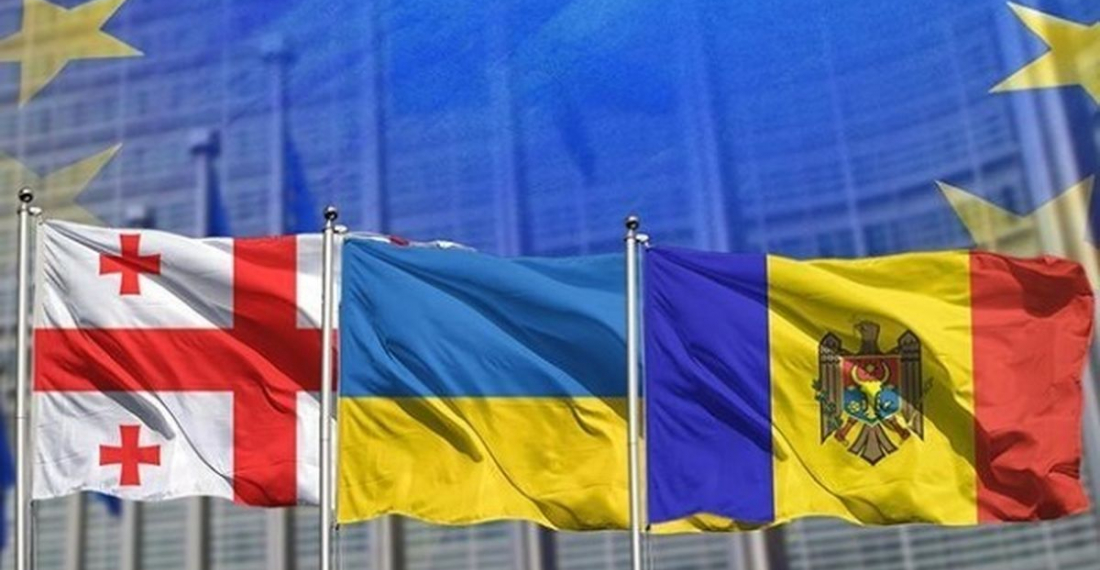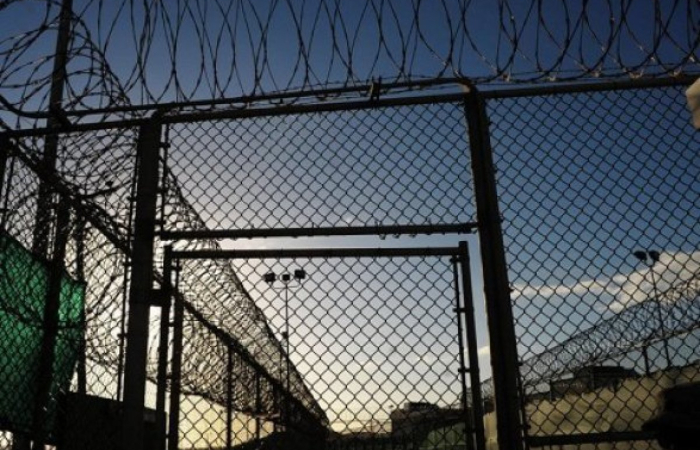Ukraine, Georgia and Moldova have in the last two days submitted formal applications to join the European Union. The three countries have for long asked to be given a membership perspective - but until this week this was deemed to be all but impossible.
A week is a long time in politics, as one former British prime minister was once quoted as saying. What was considered all but certain last week has been swept away by the force of events as Russia invaded Ukraine, and as a result of the heroic resistance of the Ukrainian people. Throughout the week sympathy for Ukraine's EU aspirations gathered pace, culminating in a resolution by the European Parliament on Wednesday asking that the country be given candidate status.
read our editorial: Give Ukraine and the other trio countries an EU membership perspective now
Given that Georgia and Moldova are also seen as being part of the same process, and equally vulnerable to Russian designs, an approach involving the three is deemed logical. In the case of Georgia it had been planning to submit an application in 2024. The current crisis made a submission now inevitable.
Ukraine, Georgia and Moldova had for the last year been co-ordinating their efforts towards EU membership, establishing the informal "trio" framework. At the time no one envisaged the massive geo-strategic earthquake that has hit the European continent this winter. The journey of the three countries towards EU membership will be long, and probably at times painful. But it has started, and the question now is not if, but when it will be completed.
source: commonspace.eu
photo: The flags of the "trio" countries flying in front of the building of the European Commission in Brussels






